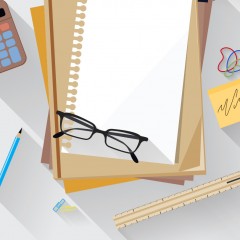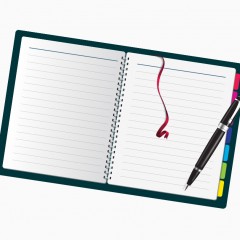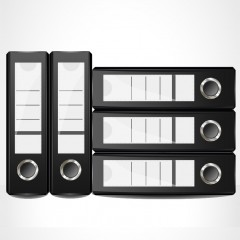Keeping contact lists
Once you have got into the habit of keeping lists it can be useful to keep a record of important people, telephone numbers, e-mail contacts and addresses. This might be for day to day things like your doctor, dentist, school or college, work numbers etc but it also works well for other families you might be in contact with, people on your local council, legal representatives or support agencies, journalists, other media, local MP etc.
Keeping paperwork organised
Your personal paperwork is made up of documents or letters that give you information about money (e.g. bank statements), bills, insurance, benefits / allowances, health, housing (e.g. mortgage accounts or rent book), jobs (e.g. contracts or code of conduct), school / college, personal information (e.g. passport, will or driving licence).
Keeping a diary
A diary can help you remember information and keep a note of how you use your time. Some people also use their diaries to write down their thoughts or to keep a note of what they did on a particular day.
Dealing with important information and facts
Dealing with a sudden death, and the investigation and inquest, their aftermath and all the meetings, reports and possible support work, lobbying or campaigning means you will spend a lot of time listening to, and reading information and facts.




